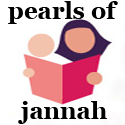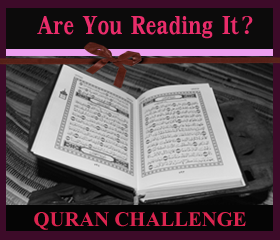This week (and a little bit of last week), we’ve been discussing what it means to be forced from your home due to circumstances out of your control. What it means to flee and leave behind everything and start fresh with nothing.
Last week, I introduced the concept of keeping track of history on paper in a time-line in conjunction with our seerah lessons.
We’re also using the timeline display from LearningRoots.com as a visual. It is certainly easy to make your own, but I wasn’t inspired to do so, lol.
Right now, we are discussing the 1st and 2nd pledges of ‘Aqabah, and the eventual migration to Madinah. Some questions that I asked were:
1. Can you imagine that the community around us has cut us off and now we can’t get to the store to buy food and we cannot eat? Or that we are refused service when we need something? What if our mail is no longer delivered or our landlord kicks us out because we are Muslim?
2. Where would we go? Do we know someone who would be willing to let us go and stay with them? Would they be willing to give us clothes, food and shelter? Toys?
3. Would it be easy to leave everything that you have and travel to a new city where you do not know anyone? Would it be easy to leave your family behind?
4. If you are the people who are welcoming strangers into your home, would it be easy for you to give up half of your food, clothing and shelter? Could you give a kid that you do not know half of your things? Would it be easy?
I am trying to help them grasp the concept of selflessness when it comes to other Muslims and understand that sometimes we have an abundance of material wealth thanks to ALLAH and that it would not hurt us to give some of that wealth to our brothers and sisters who are in need. This lead us to our next geography page which we linked to the story of the Prophet Nuh, alayhi salaam, and a simple art project.
We’ve completed a page for Saudi Arabia, Ethiopia, India, and now, Pakistan.
What does Pakistan have to do with the Ansar? Well, since we’ve completed volcanoes, up next is floods. The people of Pakistan have really been suffering due to floods and I thought it was a prime opportunity to discuss ways to contribute and how we can be examples of compassion as the Ansar of Madinah were. Imagine that you (gratefully) receive packets of food, shoes and socks for Eid? That you worry about having fresh water? What about wudu and salat? Is there anywhere to pray? Do you know what to do in this situation?
Of course, after discussing floods, I had to discuss Nuh, alayhi salaam. I found an art project online that seemed simple enough and I made just the tiniest of modifications to it. It was a hit with my two middle children, my eldest is being lazy and hasn’t put hers together yet, lol. The bottom plate has a slit cut into it and the top plate is cut in half and I stapled the halves together since they didn’t have the patience of waiting for glue to dry. I also stapled a piece of craft foam shaped like a cabin to the top and then placed the animals around the top. Just a few animals go a long way since there’s not much room.
An important concept that we discussed is loving ALLAH more than you love anyone else, including your family. We tried to imagine how hard it must have been for Prophet Nuh, alayhi salaam, to watch as his son and his wife turned their backs on him. Our instincts may have told us, even after all this time, to attempt to save them, run after them or plead with them one last time. After all, they are family, right? Instead, Prophet Nuh, alayhi salaam, had the strength and wisdom given by ALLAH to shut the door and follow the commands of his Lord.
36. And it was inspired to Nûh (Noah): “None of your people will believe except those who have believed already. So be not sad because of what they used to do.
37. “And construct the ship under Our Eyes and with Our Inspiration, and address Me not on behalf of those who did wrong; they are surely to be drowned.” (11: 36-37)





4 Responses to How To Be A Modern Ansar